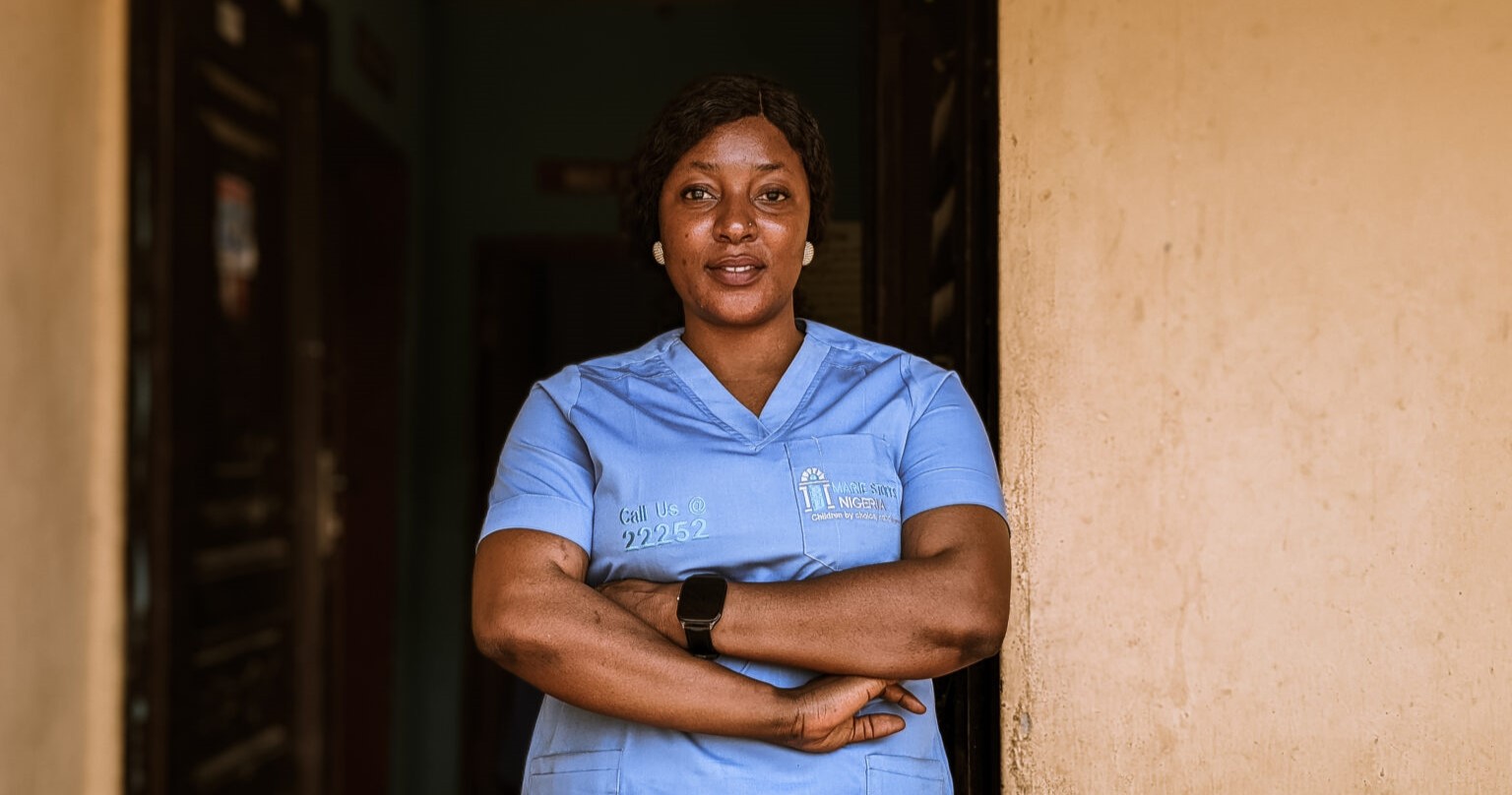The high proportion of incomplete abortion patients among all hospital gynaecology admissions in Tanzania suggests that abortion is a significant public health problem in the country.
This contributes to Tanzania’s unacceptably high maternal mortality ratio of 454 deaths for every 100,000 live births. Tanzania is one of ten countries that account for almost two-thirds of all maternal deaths in the developing world.
Post-abortion care (PAC) is one approach to reducing death rates following incomplete and unsafe abortion and resulting complications. In order to reduce the unintended teenage pregnancy rate and resulting maternal mortality, it is essential that young people across the country – in both rural and urban areas – are able to access high quality, youth-friendly family planning and post-abortion care (PAC) services.
This study is designed to fill a gap by providing information about the attitudes of teenage girls towards unplanned pregnancies, abortion and PAC services in Tanzania. This community-based research reveals qualitative information on teenagers’ perceptions towards abortion and PAC services as influenced by community perceptions, as well as their understanding of the legal implications of abortion and subsequent aftercare.








